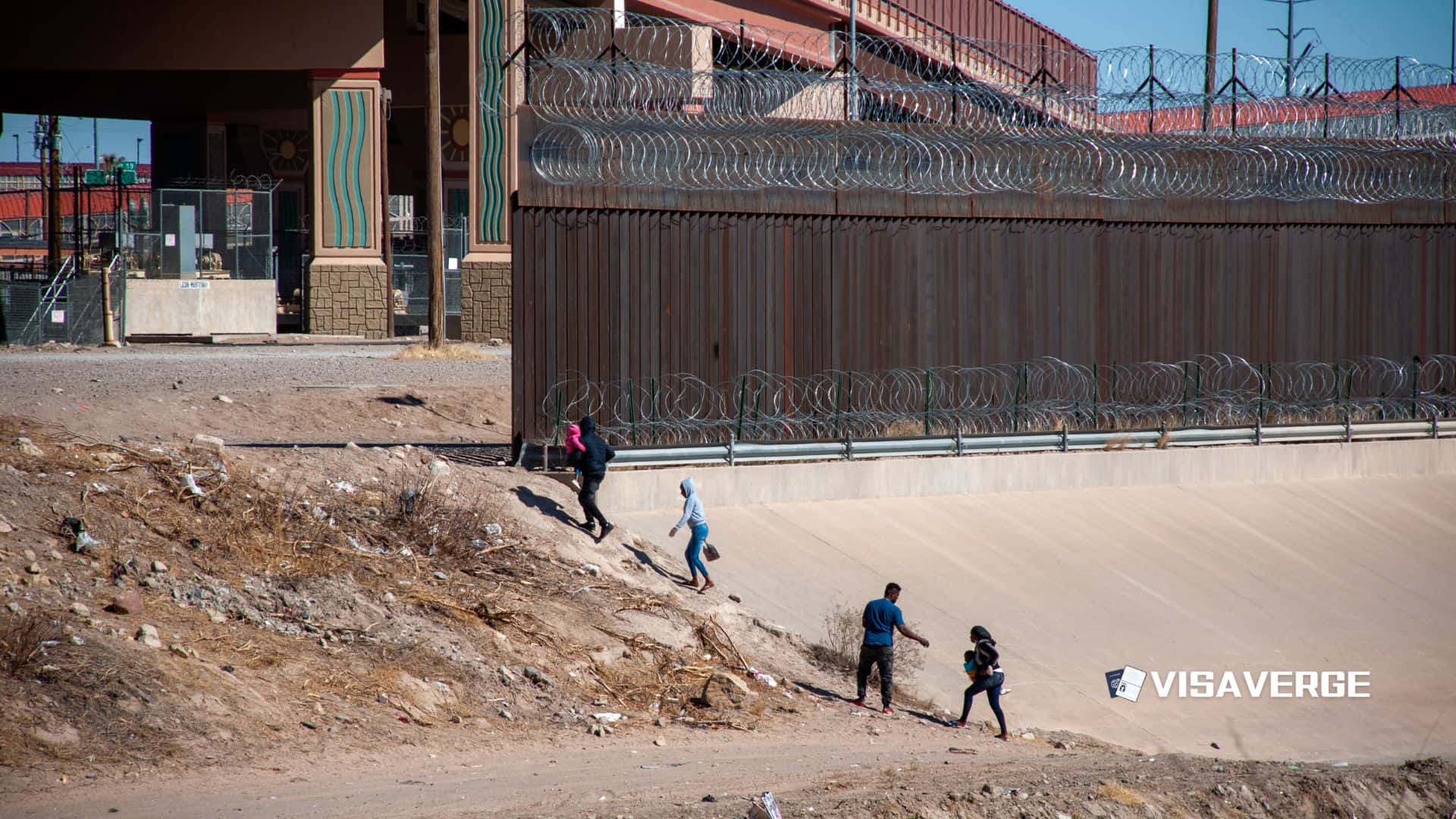Significant Investor Visa Program Halt in Australia
In a sharp divergence from its previous immigration policy, Australia has announced an immediate pause on the controversial Significant Investor or “Golden Visa” program. This dramatic policy shift reflects a larger initiative to recalibrate the migration system to better serve the nation’s interests.

The End of the Golden Visa Australia
The Golden Visa Australia, a pathway for affluent individuals willing to invest a minimum of A$5 million ($3.3 million) into the Australian economy, has been a topic of much debate. Home Affairs Minister Clare O’Neil, representing the government’s stance, pointed out critical changes are due. She highlighted, “It has been obvious for years that this visa is not delivering what our country and economy needs from a migration system.”
Her statement underscores a growing recognition within the Australian government that the program, despite its potential, might not have funneled investments into the most productive sectors of the economy – a concern echoed by critiques worldwide.
Redirecting Focus Towards Skilled Migrants
“…to create a system which delivers for our country.” – this quote by Clare O’Neil encapsulates the government’s broader goal in their Australia migration policy overhaul. By halting the Significant Investor visa program, authorities aim to clear the path for policies that will attract skilled individuals who can fill the occupational voids and contribute substantively to the country’s development.
The pivot towards a more skill-centric migration policy materialized in the government’s December strategy reveal, aiming to lower new migrant numbers to pre-Covid levels and address the abuse of student visas.
A Surge in Immigration Numbers
Despite these changes, Australia experienced a strong immigration influx in the year through June 2023, with over 500,000 individuals entering the country. This figure demonstrates the country’s continued appeal as a destination for migrants, amidst evolving policy frameworks.
A Possible Farewell to the Significant Visa Category
Recent reports from The Australian indicate that the Significant Visa category may be off the table entirely. This speculation seems to be in line with O’Neil’s earlier 2022 sentiments on re-evaluating the future of special immigration settings tailored to wealthy migrants – a move predicated on the belief that the program might not be economically justifiable in the long run.
“It’s actually costing us on average for every person,” Minister O’Neil commented, suggesting that the costs involved in accommodating these migrants later in life may outweigh the initial investment benefits.
Perspectives from the Grattan Institute
Support for the program’s cessation also comes from think tanks like Australia’s Grattan Institute, which in September 2022 reported that the visa scheme provided negligible tax revenue while imposing significant service costs for the Australian government due to the new arrivals.
Way Forward for Australia’s Immigration
The cessation of the Significant Investor visa marks a crucial juncture in Australia’s efforts to reform its immigration objectives. The policy change aims to divert the country from merely attracting wealth into fostering a skilled workforce that can substantially contribute to its economy.
For individuals seeking information on the alterations to Australia’s immigration policies, it is advisable to visit the official Department of Home Affairs website to stay updated and find authoritative details on migration and visas.
In conclusion, as Australia takes bold steps to reassess and realign its migration strategy, the global conversation continues around the best practices for balancing the economic benefits of immigration with the need to cultivate talent and maintain robust social structures.
Learn Today:
Glossary or Definitions:
- Significant Investor Visa Program: A visa program that allows affluent individuals to obtain residency or citizenship in a country by making a significant investment, usually in the form of financial capital, into the country’s economy.
-
Golden Visa: Another term for the Significant Investor Visa Program, referring to the privilege or benefits associated with the program, such as residency or citizenship.
-
Migration System: The framework or set of policies and procedures put in place by a country to regulate the movement of individuals across its borders, including the admission, stay, and rights of immigrants.
-
Affluent individuals: People who are wealthy or financially well-off, typically having a high net worth, capable of making substantial investments.
-
Immigration policy overhaul: A comprehensive and significant reevaluation and modification of a country’s immigration policies and regulations to better align them with the country’s interests and priorities.
-
Skill-centric migration policy: A migration policy that places emphasis on attracting individuals with specific skills and qualifications that are in demand in the country’s labor market and economy, aiming to address occupational shortages and contribute to economic growth.
-
Occupational voids: Job vacancies or shortages in specific occupations or industries that require skilled workers to fill them.
-
Pre-Covid levels: Refers to the number of migrants entering a country before the outbreak of the Covid-19 pandemic, often used as a benchmark for assessing migration trends and changes.
-
Special immigration settings: Immigration policies or programs that are tailored or designed specifically for a particular group of migrants, such as wealthy individuals or high net worth individuals.
-
Think tank: A research institution or organization that conducts studies and provides analysis and recommendations on various issues, including policy matters related to immigration, economics, and social development.
-
Tax revenue: The income generated for a government through taxes paid by individuals and businesses.
-
Service costs: The expenses incurred by the government in providing public services, such as healthcare, education, and infrastructure, to the residents and migrants in the country.
-
Reform immigration objectives: Refers to the process of reevaluating and altering the goals and priorities of a country’s immigration policies to align them with changing economic and social needs.
-
Robust social structures: Strong and resilient social systems and institutions in a country that support the well-being and cohesion of its population, including healthcare, education, welfare, and cultural integration.
-
Department of Home Affairs: The government department responsible for handling immigration, citizenship, and border control matters in a country.
As Australia hits the brakes on its Significant Investor Visa program, it’s clear that a shift towards a more skill-focused migration strategy is underway. With a surge in immigration numbers and speculation about the demise of the visa category, the country is navigating a crucial time in its immigration policy. Want to stay updated on the latest developments? Head over to visaverge.com for more insights and information on Australia’s immigration landscape.
This Article in a Nutshell:
Australia halts its Significant Investor Visa program, redirecting focus towards skilled migrants. The decision reflects a broader initiative to recalibrate the immigration system to better serve the country’s interests. Despite the halt, Australia experienced a surge in immigration numbers. The future of the program remains uncertain. The aim is to attract skilled individuals who can contribute substantively to the country’s development. Visit the official Department of Home Affairs website for updates on immigration policies.













